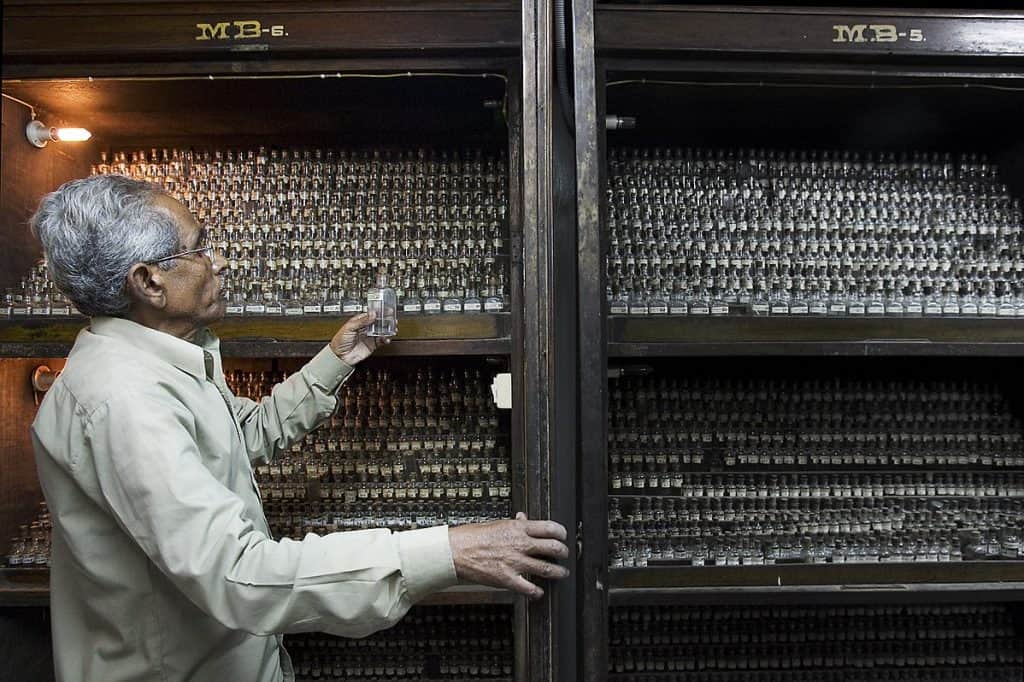
World Health Organization to set up traditional medicines centre in India
pharmafile | November 13, 2020 | News story | Medical Communications |
The World Health Organization announced today that it will set up the Global Centre for Traditional Medicine in India.
General Tedros Adhanom Ghebreyesus, the Director of the WHO, announced it in a video message in which Indian Prime Minister Narendra Modi inaugurated two new research institutions.
Ghebreyesus said: “I am pleased to announce that we have agreed to open a WHO Global Centre for Traditional Medicine in India to strengthen the evidence, research, training and awareness of traditional and complementary medicine.
“This new centre will support WHO’s efforts to implement the WHO traditional medicine strategy 2014-2023, which aims to support countries in developing policies and action plans to strengthen the role of traditional medicine as part of their journey to universal health coverage and a healthier, fairer and safer world.”
Prime Minister Modi also commented on the development: “It is a matter of pride for all Indians that the WHO has chosen India for establishing its Global Centre for Traditional Medicine. Now work will be done in this direction from India.”
“I would like to thank the WHO and particularly its Director General Tedros for giving this responsibility to India. I am confident that just like India has emerged as the pharmacy of the world, in the same manner this centre for traditional medicine will become the centre for global wellness.”
India’s traditional medicinal systems fall under Ayurveda, Siddha and Unani designations. Ayurveda translates to “science of life” and first appeared on the subcontinent in 2500BCE. It follows programmes to rejuvenate the body through diet and nutrition and offers methods to cure common diseases like food allergies that have limited modern treatment options.
There is still much skepticism about these treatments and whether they are effective for more serious illnesses. Some studies suggest that traditional Ayurveda medicines may reduce pain in people suffering with osteoarthritis, or help manage symptoms in people with type 2 diabetes, but not much research has been carried out so far.
The National Center for Complementary and Integrative Health is currently investigating Ayurveda medicine but advises people not to use it to postpone seeing a conventional health care provider about a medical problem.
Conor Kavanagh








